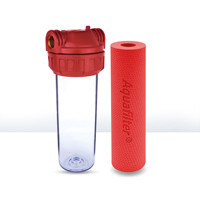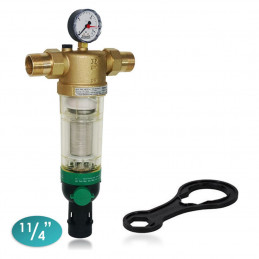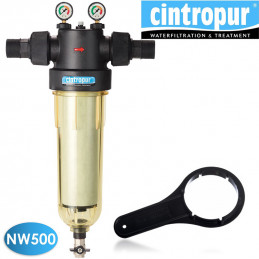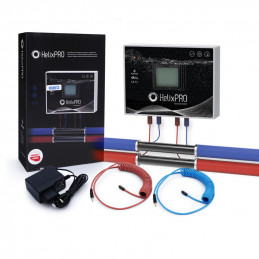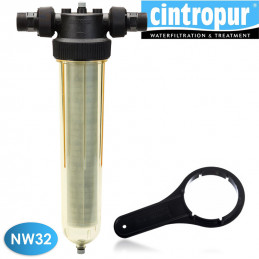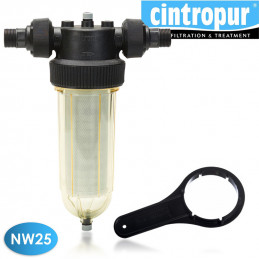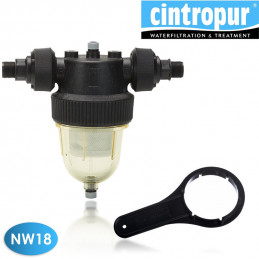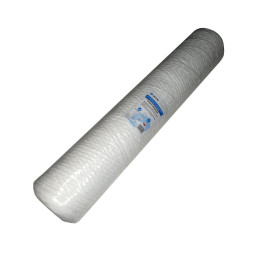- There are no more items in your cart
- Shipping
- Total 0.00 zł
- Bestsellers
- Wholesale
- Water filters
- Whole house filters
- Kitchen filters
- Bathroom filters
- Aquarium filters
- Reverse osmosis
- Water demineralizers
- Filter cartridges
- UV bactericidal lamps
- Alkaline water ionizers
- Industrial water filters
- Accessories, parts, and others
- Descaling filters for the coffee machine
- Water softeners and iron removers
- Water saturators
- ACES
- AMBERLITE
- AQUA VITA
- AQUAFILTER
- AQUAPHOR
- AQUATOR
- BASSAU
- BERG
- BIOCERA
- BIONIQ
- BLUEFILTERS
- CHEMOFORM
- CINTROPUR
- DAFI
- DELONGHI
- DIAMOND
- DOM WODY
- ECOWATER
- FILMTEC
- FIT ALCO
- FITAQUA
- GREEN FILTER
- HANNA INSTRUMENTS
- HELIXPRO
- HELLO PURE
- HIDROTEK
- HM-DIGITAL
- HONEYWELL
- Ibo
- JAVEL
- KLARWOD
- KRUPS
- MIDEA
- OTOWODA
- OTTONE
- Palintest
- PENTAIR
- PHILIPS
- PLATINUM WASSER
- PUROLITE
- SIEMENS
- Steingraf
- SUPREME
- TAB-SOL
- TOP FILTER
- UST-M
- USTM
- VONTRON
- WODARO
Tips
Hot Water Filters
Hot water filters play a very important role in treating tap water at home. Their use can positively impact many aspects of daily life – from improving skin and hair health to enhancing the efficiency of household appliances.
Filter
Price
Brand
Why is hot and warm water filtration important?
Hot water filtration is often an overlooked aspect of home water systems, despite its significant importance for the health and comfort of users. Heated liquid can contain various contaminants, such as mineral deposits, rust, bacteria, or chemicals, which can enter the heating system.
The main reasons to invest in hot water filters are:
-
Health protection – contaminants can negatively affect health, especially during bathing, as warm water opens pores, allowing harmful substances to penetrate the body. Additionally, by providing yourself with soft water, you can expect better hair and skin condition in a relatively short time.
-
Extended lifespan of devices – filters protect heating systems, such as boilers and heaters, from scale buildup and corrosion, which in turn extends their lifespan and efficiency. This indirectly affects the household budget, as less frequent repairs mean lower expenses.
-
Increased comfort and better appliance performance – hot water filtration improves its quality, which is particularly noticeable during laundry. This is because soft water does not cause graying and premature damage to fabrics.
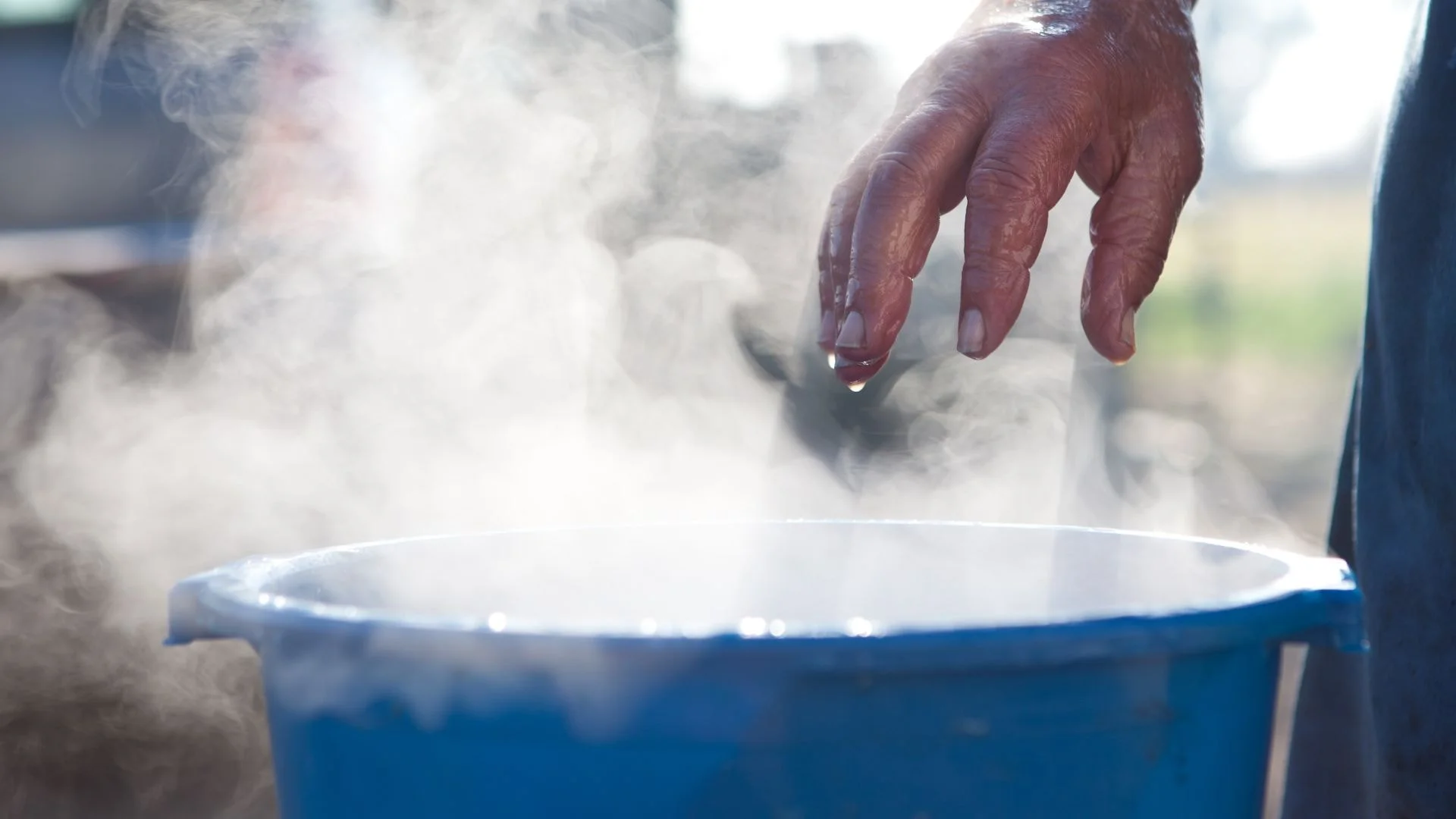
What are hot water filters made of?
Every hot water filter must be made from materials resistant to high temperatures and corrosion. For this reason, devices of this type are often made from stainless steel, polycarbonate, or polypropylene. However, these are not the only materials used in hot water filtration.
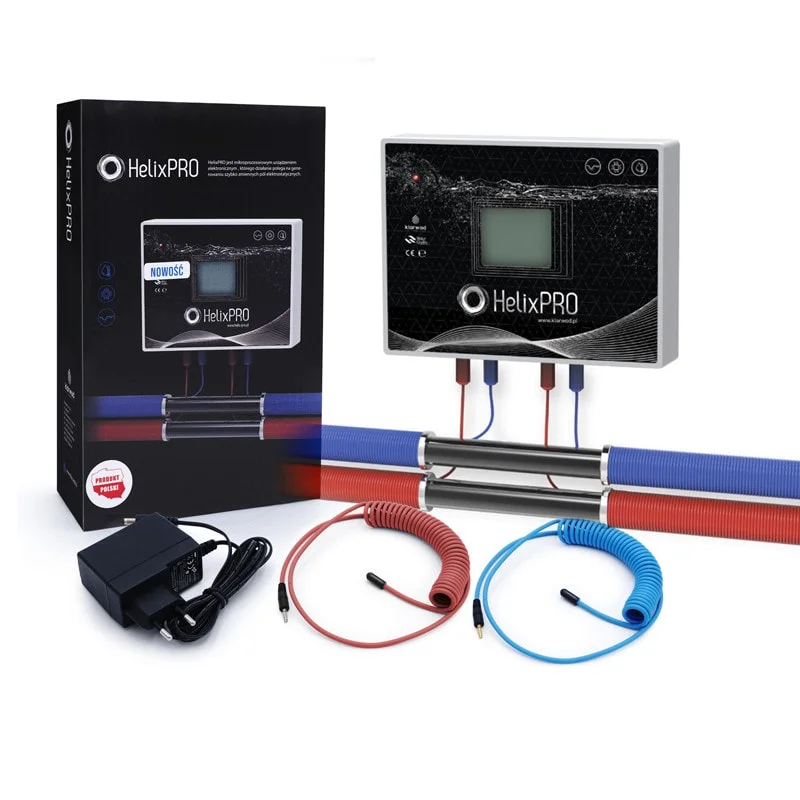
Stainless steel
Stainless steel is commonly used in mechanical filters due to its durability and corrosion resistance. This material is ideal for trapping larger solid particles, such as sand or rust, and can withstand high temperatures without losing its properties.
Polycarbonate
Polycarbonate is used in filter housings due to its transparency, durability, and resistance to high temperatures. The first of these features allows for easy monitoring of the filter cartridge condition without the need to disassemble the housing.
Polypropylene
Polypropylene fiber is a popular material in mechanical filter cartridges. It is resistant to chemicals and high temperatures, making it an excellent choice for removing fine particles from water. Additionally, it is a lightweight material that is easy to mold into various shapes.
Other materials used in hot water filters
The aforementioned materials are not the only ones used in hot water filtration. Activated carbon is often used in carbon filters, which can be formed into carbon blocks for greater durability.
Another material is ceramic. It is primarily used in certain mechanical and chemical filters because it has above-average effectiveness and resistance to high temperatures.
Another raw material that has very high heat resistance is ion exchange resin. It is most commonly used in chemical filters to eliminate heavy metals.
Finally, it's worth mentioning UV filters. Because they are made of quartz glass, they have the ability to transmit ultraviolet rays and operate effectively at high temperatures.
What contaminants can be found in hot water?
Hot water can contain various mechanical, chemical, or organic contaminants. Each of them can significantly affect the decrease in its quality and reduced safety of use.
Mineral deposits
Calcium and magnesium are the main components of hard water, which form scale deposits during heating. This process is known as mineral precipitation and causes hard deposits to form on the internal surfaces of pipes, boilers, and other heating devices. Scale reduces the thermal efficiency of heating systems, leading to higher energy costs and more frequent equipment failures. Additionally, mineral deposits can clog showerheads and faucets, requiring regular cleaning and maintenance.
Rust and metallic particles
Old water installations and heating elements can corrode, releasing metal particles into the water. What is rust? It is the result of metal oxidation that occurs when pipes and heating elements are exposed to water and oxygen for a long time. Corrosion can lead to leaks and damage to water installations, requiring costly repairs. Metallic contaminants in water can also affect the taste and color of the water, making it unpleasant to use.
Bacteria and microorganisms
High temperatures promote the growth of certain bacteria, such as Legionella, which can pose a serious health risk. Legionella is particularly dangerous because it causes so-called Legionnaires' disease, a severe form of pneumonia that can be fatal, especially for the elderly and those with weakened immune systems. These bacteria thrive in water temperatures ranging from 20-50°C, making warm liquid an ideal environment for their proliferation. Regular cleaning and disinfection of water systems are essential to prevent bacterial growth.
Chemicals
Water can be contaminated with chemicals, such as chlorine, which is often used to disinfect drinking water. This element is particularly dangerous because it reacts with other substances present in the water, forming carcinogenic chemical compounds, such as trihalomethanes (THM) and haloacetonitriles (HAN). Prolonged exposure to them can lead to health problems, including liver, kidney, and nervous system diseases. Carbon filters are effective in removing chlorine and its derivatives, improving water quality and making it safe.
In some regions, water may contain heavy metals, such as lead, mercury, and cadmium, which are extremely toxic. These metals can enter the water from lead pipes, contaminated water sources, or as a result of industrial discharge processes. Even small amounts of heavy metals in water can cause serious health problems, including damage to the kidneys, liver, brain, and developmental issues in children.
Organic deposits
In addition to bacteria, hot water may contain other microorganisms, such as algae, fungi, and protozoa, which can form biofilms in water systems. Their presence can lead to clogged pipes and reduced water flow, negatively affecting the efficiency of heating systems. Similarly, sludge or silt can adversely affect the installation, causing cloudiness in the liquid.
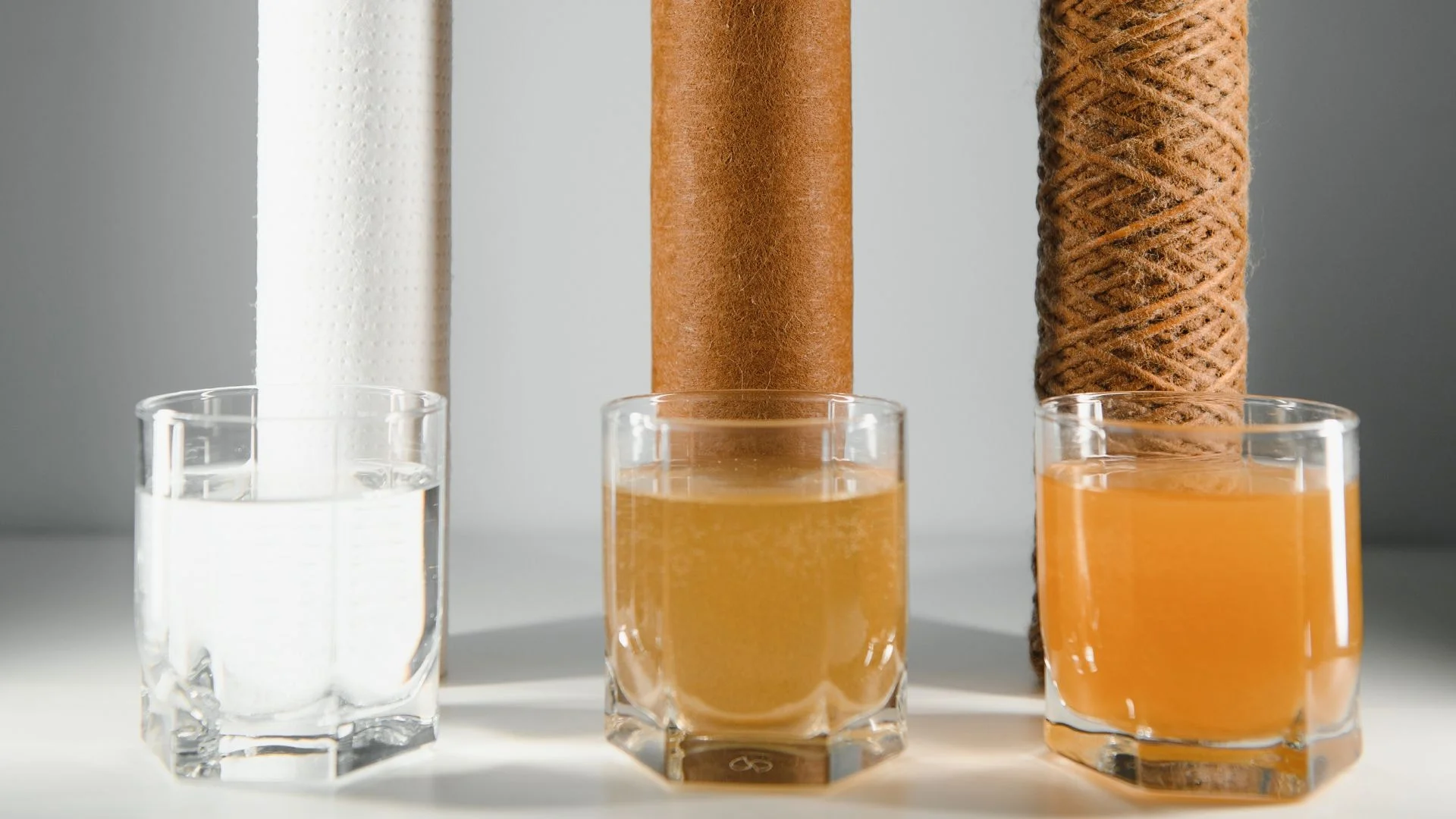
Filters for treating warm water available at MojaWoda.com
In our store, you will find high-quality products that will help you deal with mechanical, chemical, and organic contaminants in hot water. We invite you to check out our full offer!
FAQ – frequently asked questions
1. Why is it worth using filters for hot water?
Hot water filtration is crucial for protecting health and increasing user comfort. It removes contaminants such as mineral deposits, rust, bacteria, and chemicals that can penetrate the heating system and affect the condition of skin and hair. Additionally, filters help extend the lifespan of household appliances by preventing limescale buildup and reducing the risk of corrosion.
2. How do hot water filters affect laundry quality?
Hot water filters improve laundry quality by removing impurities and softening the water. Soft water prevents graying and premature damage to fabrics, allowing clothes to retain their color longer and be less prone to damage. Filtration ensures that detergents dissolve better and are more effective.
3. What materials are hot water filters made of?
Hot water filters are made from materials resistant to high temperatures and corrosion, such as stainless steel, polycarbonate, and polypropylene. Other materials used include activated carbon, ceramics, ion-exchange resin, and quartz glass used in UV filters.
4. What contaminants can be found in hot water?
Hot water can contain various contaminants, including mineral deposits (calcium and magnesium), rust and metallic particles, bacteria (e.g., Legionella), chemicals (chlorine, heavy metals), and organic sediments such as algae, fungi, and protozoa.
5. How does the hot water cartridge affect the condition of skin and hair?
The hot water cartridge removes impurities that can irritate the skin and hair. Chemicals and mineral deposits are responsible for their dryness. Filters provide soft water, leading to a significant improvement in the condition of skin and hair in a short time.




